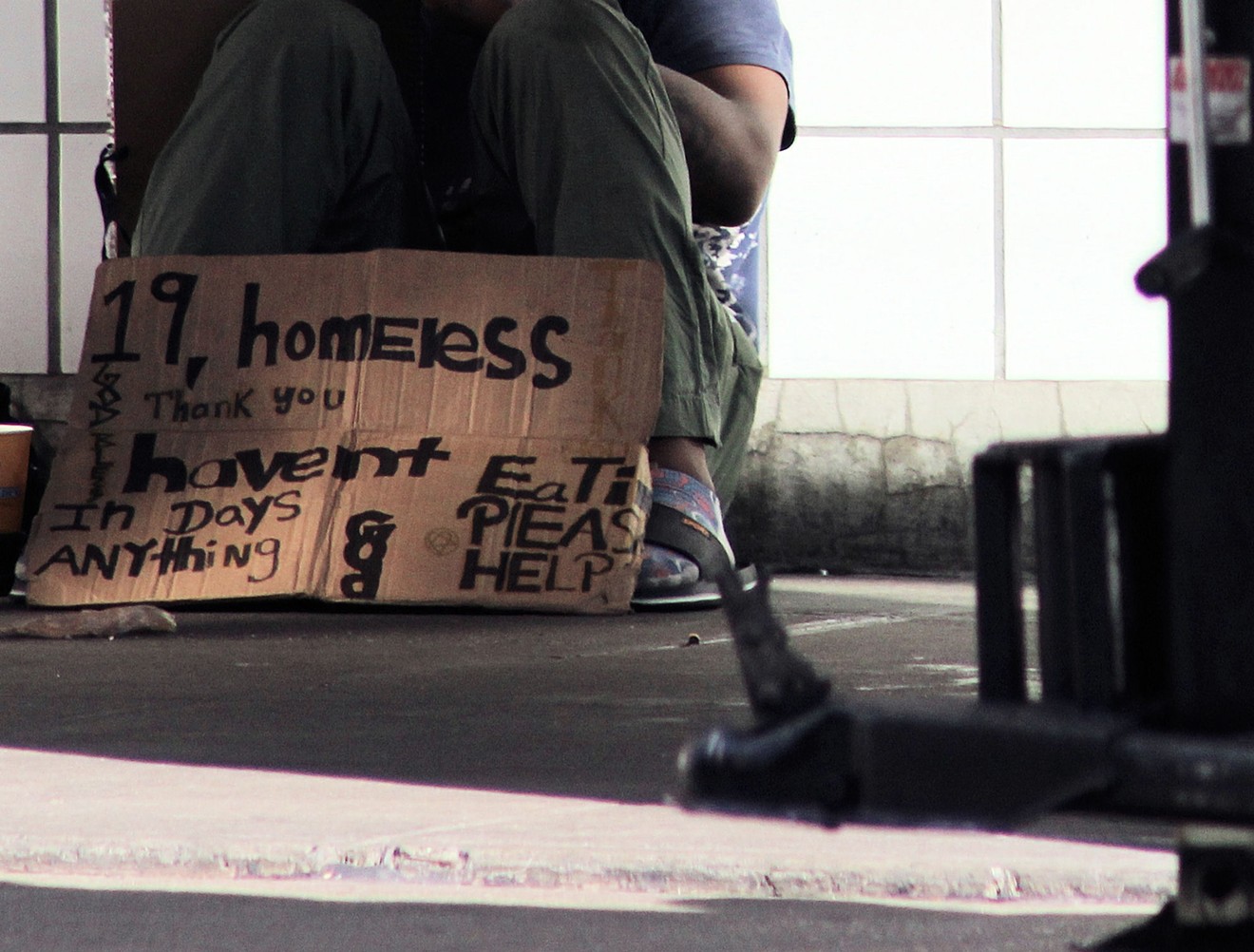About 60% of the area's homeless youth told surveyors that family instability drove them into homelessness, making it an even bigger driving factor than financial problems in the city's youth homelessness rate.
That's according to data collected by the Metro Dallas Youth Committee, which conducted surveys of homeless youth in Dallas and Collin counties in February and June. The committee presented its findings Tuesday afternoon at the annual Youth Homeless Address Call to Action.
This year marked the second year the committee has conducted surveys of homeless youth. Volunteers collected 252 surveys from teenagers and young adults, including 181 in February. That's a slight increase over last year's winter surveys, but Keri Stitt, president and CEO of the nonprofit Youth 180, said that trend may not indicate an actual uptick in the number of homeless youth living in the area.
Homeless people of any age are difficult to count. But homeless young people are doubly so, Stitt said, because they tend to be harder to find than homeless adults. Teenagers and young adults are more likely to stay with friends or hide out rather than going to shelters or sleeping outdoors.About half of the survey's respondents told volunteers that they had slept outside at least once in the last three months.
tweet this
Because volunteer teams can only survey the people they can find, they're almost certainly undercounting people who are moving from couch to couch every few days, said Marina Dewberry, a program specialist at the nonprofit Our Friends Place and a member of the youth committee.
"We try, but how do you get them?" she said.
That being said, about half of the survey's respondents told volunteers that they had slept outside at least once in the last three months. Places they reported sleeping included streets, sidewalks, underpasses and train stations.
The overwhelming majority of respondents — 89% — said they either had a job or were looking for one. Another 10% didn't have a job but had some mental illness or physical disability that kept them from working. Just 1% told survey-takers they didn't have a job or any condition that would keep them from working, and weren't looking for work.
Until recently, Justice Pearson, 18, was one of those homeless young people. Pearson spoke during a panel discussion at Tuesday's event.
A few years ago, Pearson's boyfriend broke up with her after the two had dated for a year and four months. Distraught, Pearson intentionally crashed her car in an attempt to kill herself. She survived the crash, and so she bought a plane ticket to Virginia to confront her ex-boyfriend about the breakup.
That confrontation landed Pearson in jail. When she got out, she had no one to take her in. She came back to Texas with no car, no clothes, no money and no one to rely on. A friend gave her a ride to school, and she walked into the school counselor's office and poured her heart out.
"I couldn't stop crying because I didn't know what I was going to do after that day," she said. "I didn't know how I was going to get home. I didn't know what home was."
The counselor's office connected Pearson with a program for homeless students in McKinney ISD, and from there, she was placed in Promise House, a Dallas nonprofit that works with homeless youths. Now, Pearson is a freshman at the University of North Texas, where she's majoring in criminal justice with a minor in economics.
Pearson offered a piece of advice to anyone looking to make a difference in a young person's life.
"The easiest and best way you can do it is by checking up on somebody," she said. "A lot of these young people, they don't have somebody checking up on them. I didn't."












